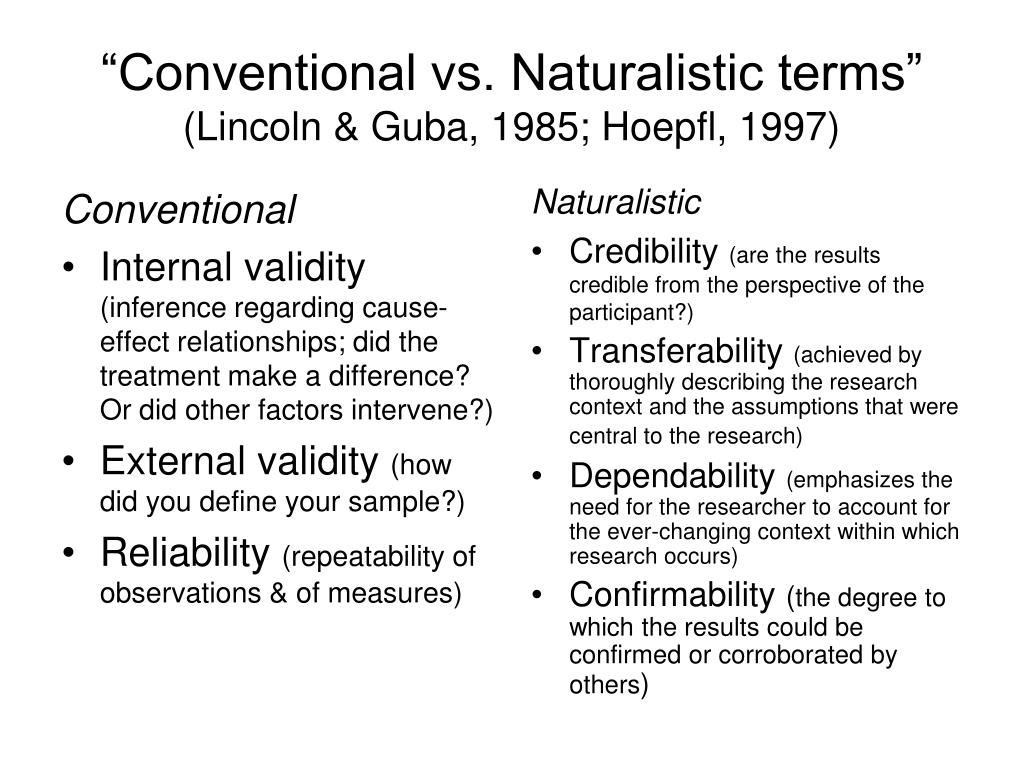


This research revealed that the most significant reason for tourism-related migrations in Didim is the lifestyle migrations that have taken place after the legal regulations for foreigners and the domestic migrations accordingly. The sub-categories depending on these main categories are economical causes including the development of the tourism industry, development of building trade, entrepreneurship-investment-employment opportunities, low-cost housing, and land opportunities, and low living costs social causes, which are migrants, to escape from disorder, liberal environment, and ties with friends and family. As a result of the analyses, the causes of tourism-related migrations were found to be five categories which are related to economic, social, natural environmental, political, and legal regulations regarding foreigners. The data were subjected to thematic analysis through MAXQDA, and five main themes were determined. Participants were determined by criterion sampling, which is one of the sampling techniques of qualitative research methods. To achieve this, in-depth interviews were conducted to collect data between July 14 - Aug/ January 10 - Janu/ March 02 - March 16, 2018, with 42 participants who migrated. This research aims to reveal the reasons for tourism-based migration to Didim. In addition, techniques to provide each criterion that researchers can use are also detailed. In this context, the concepts of internal validity and external validity, internal consistency reliability, and external reliability used in quantitative research that are equivalents to credibility, transferability, dependability, and confirmability concepts in qualitative research are scrutinized. Based on this viewpoint, the current study is aimed to present the specific information on validity and reliability in qualitative research, from an analytical perspective. Conceptual complexity in literature and unclear statements are misleading to the researchers who are interested in qualitative research, particularly those are new and yet learning qualitative research. Even though currently, the validity and reliability of qualitative research findings are still controversial in some academic environments, particularly among positivists, qualitative research has lately gained momentum among researchers. It is a necessity for researchers to describe which criteria they have taken into consideration for the findings obtained during the validity and reliability of the research process. Validity and reliability or trustworthiness are fundamental issues in scientific research whether qualitative, quantitative, or mixed research.

The ability to demonstrate the validity and reliability of research findings is one of the important factors that determine the value of scientific research.


 0 kommentar(er)
0 kommentar(er)
